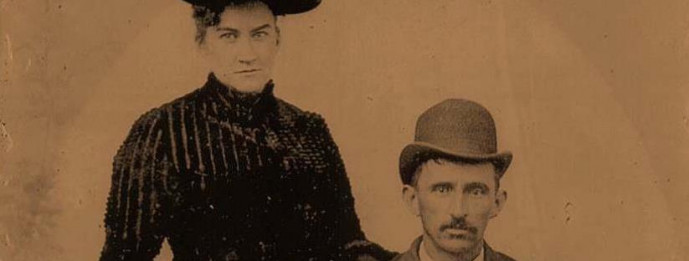Pulling and Selling Tobacco in the Late 20th Century, guest blog post by Chris Ackiss. Posted on November 4, 2025.
Although my parents both came from families living in Rocky Mount, North Carolina, they did not meet until college. Mom’s father worked for Kingsdown, the company his father had founded in 1904. Dad’s father had received a promotion which required him to move his family to the same town.
My father was in the Air Force for the first part of my life which is why, despite my Southern roots, I was born in Japan.
When my father got out of the Air Force, we moved to Raleigh so he could further his education at NC State. He planned on going to Carolina for law school but the family kept growing and so instead, he went to work for Georgia Pacific. We lived in Raleigh until 1977 when Dad got a new job in Asheboro.
Asheboro is not Raleigh. Back then, it was a small industrial town with about 12,000 residents. There wasn’t much to do when school let out for the summer. My buddies and I couldn’t drive yet, so we spent a lot of time hiking around Back Creek Mountain. We all did odd jobs, cutting grass, cleaning yards, and collecting bottles for money.
Freedom came when one of my friend’s older brother David got a new car, a Pontiac GTO. It was green with a white vinyl roof; the seats were white as well. That car was fancy, fast, and sharp!
It was David’s idea for us to work in the tobacco fields. We had to get up early, because work on the farms in Ramseur began at 5:30 and it was a 30 minute drive.
You might be wondering why a boy who was born in Japan and raised in Raleigh would be interested in pulling tobacco. In fact, my family on both sides were farmers going back to the 1700s. I was curious to find out more about my Southern roots. And, it didn’t hurt that we would be paid every day at quitting time.
Picking tobacco is no joke. We wore long sleeves to avoid getting tar and nicotine on our arms. Also the plants were soaking wet with dew. You walked bent over up and down the rows, grabbing the lowest three or four leaves on each plant (the sand lugs, or primings as they were called) and snapping or “pulling” them off. When you got an armload, you carried them over to a sled attached a tractor. And you did this over and over again, moving from field to field, farm to farm, until it was time to go home. Before we left for the day, we had to wash with Lava soap to scrub all of the tar off.
When full, the sleds were driven to the barn where the women and girls were in charge of hanging the leaves up to dry. If it was a stick barn, they had to wrap the leaves around a pole and then climb all of the way up to the rafters to suspend the poles from the beams.
Our breaks consisted of nabs or a moon pie and a Coke (RC cola). The day started early and ended at noon, when it was too hot to continue working. We got paid every day in cash, often spending some of it on lunch. We gave some of it to David, to pay for gas, but there was always a bit left over for us boys.
I went away to school in Virginia, and did not encounter tobacco again until years later. By the time I was in college, I was looking around for a career.
My parents introduced me to a friend who was a Vice President at Universal Leaf. My interest in my family history of farming resurfaced, and for a season I worked in a tobacco warehouse called The Liberty. When I was offered a job I bit like a catfish with a mouth full of chicken livers. Catfish really do love chicken livers, in case you were wondering.
But back to the job.
I was hired as a weighmaster, weighing all the “sheets” as they were called and prepping the bales for sale. The farmer would present me with a card that had pounds written on the card. I would deduct the pounds being weighed from the card. Each farm had its own card. When the card balance reached zero, the farmer had used up his allotment, even if he had more tobacco available. All of the “sheets” went down to the sales floor in the order that I weighed them. This way, when the auction was going on, the farmer could be present when his crop was sold.
My other job at the warehouse was as a ticket handler on the sales floor. The ticket handler’s job was to hand the ticket on each bale to the ticket writer. The ticket writer interpreted the auctioneer’s chant and wrote the grade, the purchasing company, and the price the bale brought all on the ticket. He would flip the tickets off his clipboard as he walked along; the tickets would land perfectly on each bale.
The sale had a cast of characters, with each one having their own role. The buyers walked on one side of the row with the farmer; the auctioneer, warehouse owner, ticket handler and ticket writer walked on the other side. It seemed like a battle. You did this with several breaks, until the whole warehouse was done. At day’s end, the bales would be sorted by purchaser and moved by dolly onto the trucks that would deliver them to the buyer’s processing plant. And you did this every day until the sale was over.
I never did pursue a career in tobacco, but I did train as a cotton grader. But that, as they say, is another story.



